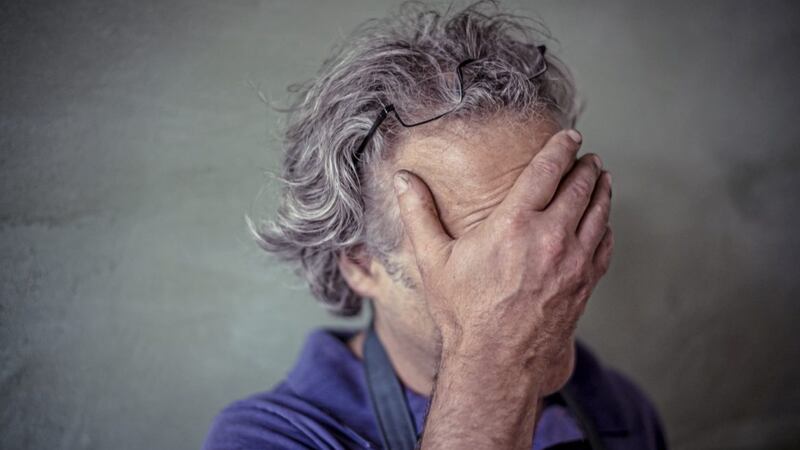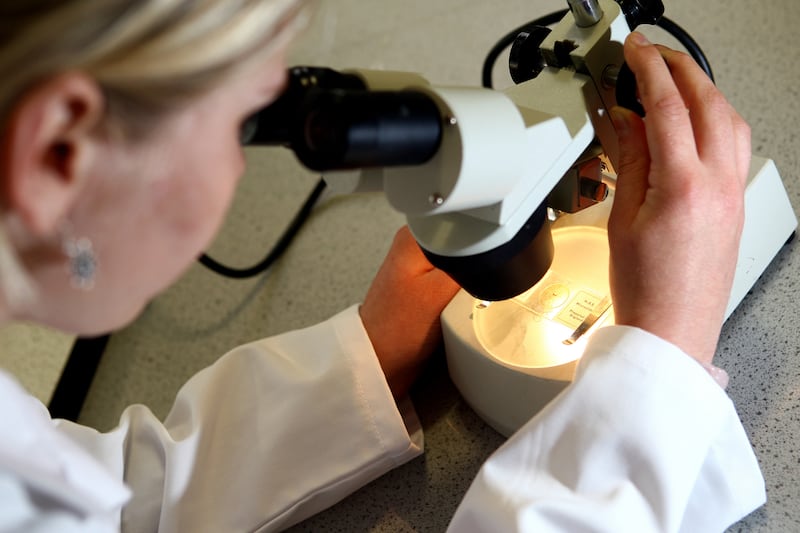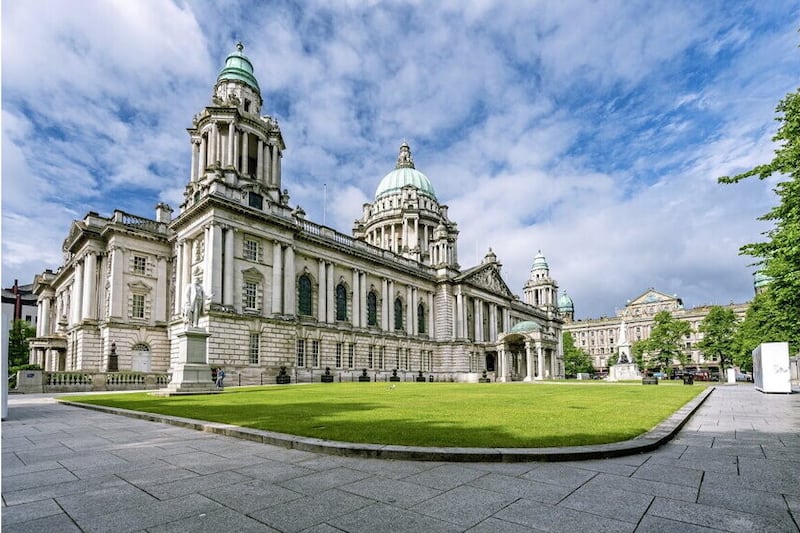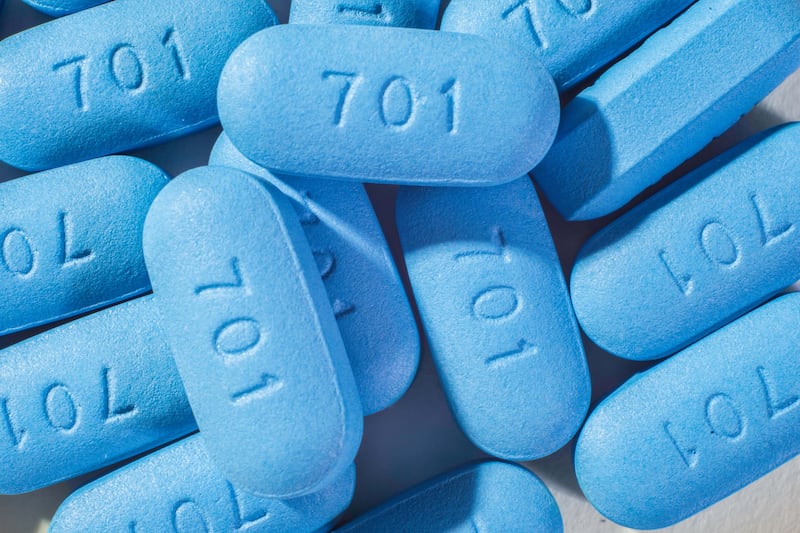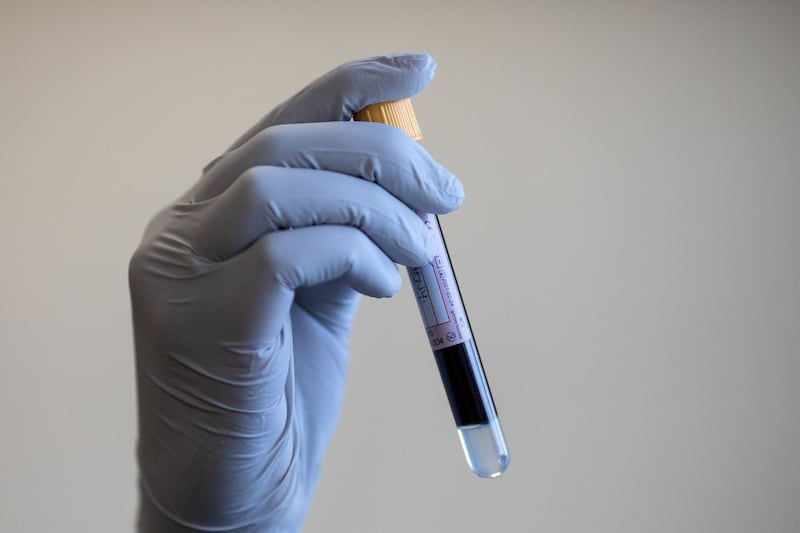FOR many people living with HIV in Northern Ireland, the Covid-19 pandemic has been particularly difficult. Not only have they struggled to access the same level of services they require as a result of lockdown restrictions, but the messaging around the need to socially distance or self-isolate has triggered painful memories associated with the stigma of 'catching' HIV that was prevalent in the 1980s and 1990s.
Anxiety was so rife earlier in the year, that Positive Life, the only HIV charity in the north, recorded a five-fold increase in demand for its online services. From April to June, contact with the charity was up by 500 per cent, with service users seeking practical and emotional support.
Jacquie Richardson, CEO of Positive Life, says the pandemic – and the language around it – has led to many people living with HIV feeling traumatised all over again.
“After Christmas, everyone had an inkling that something was coming,” she says. “We were keeping a close eye on what was happening in the south and we talked to service users about moving our services online.
“When lockdown came, we were already set up. We could still offer counselling and support group work but things like complementary therapies we obviously weren't able to offer online.
“One thing we didn't anticipate is that our contact numbers would grow exponentially by 500 per cent. People were coming to us for clarity about the messaging around Covid; whether they should be shielding or not. Some people were receiving letters when no-one in their circle even knew they were HIV positive. Others were getting letters when they had no reason to.
“One service user who has cancer didn't get a letter telling them to shield. There was a lot of confusion.
“Then a lot of the language used was similar to HIV when it was known as AIDS. People were talking about how Covid could be passed on. We were hearing about cleaning surfaces, sanitising, not sharing cups.
“Even phrases like 'testing positive' were triggering for some, bringing back memories of old trauma. These things have all compounded the day-to-day stress of living with HIV.”
To mark World AIDS Day earlier this week, Positive Life released new figures on HIV diagnoses in the north. During 2019, there were 52 new HIV diagnoses – down from 84 in the previous year. Of these new cases, 21 were part of the MSM category (men who have sex with men), while 27 were heterosexual – 14 men and 13 women. Four people chose not to identify which category they fell into.
Welcoming the downturn in diagnoses, Jacquie said the reason for this was twofold. Firstly, Positive Life invested more resources into education and awareness raising over the past four years and secondly, the HIV Prevention Programme, including the provision of access to the HIV prevention drug PrEP (pre-exposure HIV prophylaxis) has proved successful in reducing the numbers of new cases.
But Jacquie says there is still work to be done in tackling myths around HIV and the ongoing stigma associated with it.
“There is still a perception that HIV is a gay man's disease and that unless you are gay, you won't be affected by it,” she says. “But as these latest figures show, there is an upward trend in heterosexual transmissions, particularly among women. This is a global trend, not just within Northern Ireland.
“We need the heterosexual community to sit up and take notice. They should be looking after their sexual health and taking responsibility for it.
“The awareness campaign around AIDS in the 1980s was very powerful and we are still trying to correct and update it. People still believe those myths, like HIV can be transmitted through kissing.
“This is still quite a conservative and religious society and conversations around sex and sexuality don't happen easily. There are still judgments and assumptions made about HIV. Research carried out about stigma showed it's experienced at much higher levels in Northern Ireland. That needs to change.”
One person who has benefited from the services provided by Positive Life and who continued to reach out to them during lockdown is Co Down man Mark (not his real name). The 66-year-old, who works in the travel industry, was diagnosed with HIV 30 years ago, while living and working in London.
At the time, the doctor who gave him his positive result, told Mark to 'get his affairs in order' as he only had five years to live. Mark says he decided he wasn't going to be governed by fear and instead, adopted a positive outlook to his diagnosis. After a trial-and-error period with different types of medication, he is now on the right combination and feels healthy and optimistic.
“When I moved back here I didn't really know anyone,” Mark says. “I had a meeting with Positive Life and they made me feel so welcome. They actively invited me in and helped me with things like finding a dentist and GP.
“During the first lockdown, it was very tough. There was that sense of isolation. But I kept in contact with Positive Life and we had lockdown lunches via Zoom. That communication was important to me.
“I didn't have to shield as I am in good health but I wasn't able to work at all. The second lockdown wasn't as tough. Lethargy had set in the first time round and I'd put on weight but in the second one, I got out walking more and lost it again. I had a much more positive attitude this time round.”
Mark says there is still an 'underlying prejudice' towards gay men in the north and that although there has been some progress in attitudes, he still feels there is much work to be done to stamp out discrimination and prejudice.
“I've seen situations where people receiving healthcare, for example, are treated differently because they have HIV,” he says. “But people who work in healthcare are meant to treat everyone equally, so there is definitely still a stigma.
“There needs to be more education in schools about HIV and healthcare needs to be more sympathetic and empathetic.”
Mark says he is "in control" of his health and doesn't let it consume or control him. He has learned to live with HIV and to 'live with it well'. He is looking forward to getting back to work again, when conditions allow. And he says there is no reason why people living with HIV can't enjoy life to the full.
Jacquie also points out that a HIV diagnosis is no longer regarded as a death sentence and that people can still enjoy a full and healthy life, provided they are diagnosed early enough and start taking medication.
But she believes there is still a sense of being "left behind" and that Covid-19, and the subsequent race to find a vaccine, has shone a spotlight on this.
“There's a sense of feeling that people living with HIV have been left behind by the enthusiasm and buoyancy to secure a Covid vaccine,” says Jacquie.
“Many people feel undervalued and sceptical. Nine months in and there is a vaccine being made ready to roll out for Covid. And that's great. But 40 years on and there is still no vaccine for HIV.”
